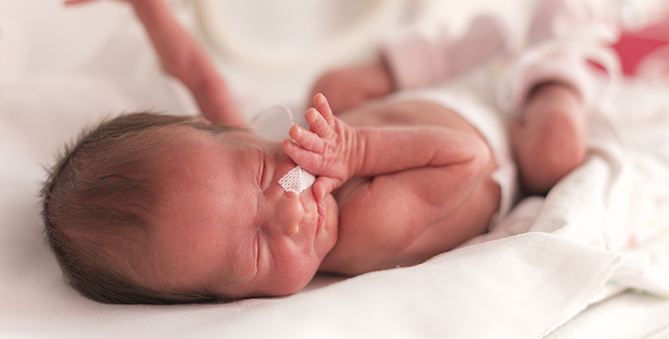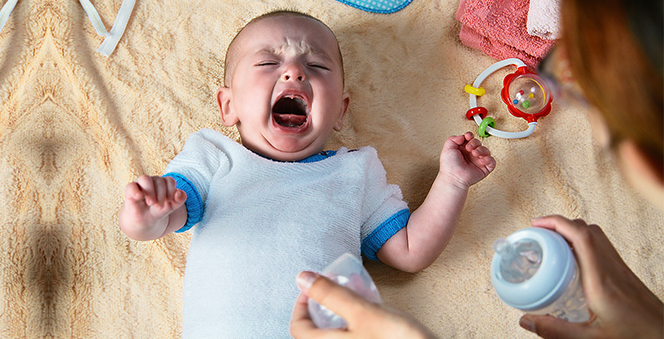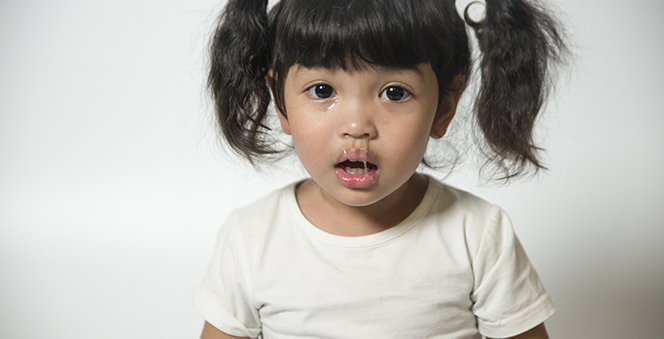Premature birth does not equal an early birth – infants born within three weeks of the due date are viewed as full-term. Genuinely premature children face fatal complications. The earlier the birth happens, the riskier it is. While an infant born at 32 weeks has a greater number of difficulties than one born at 35 weeks, none of them face difficulties as a child born before 28 weeks. Premature birth is difficult for infants, but on the other hand, it’s hard on the guardians in light of the fact that premature children don’t return home immediately – they remain in a Neonatal Intensive Care Unit (NICU). Fortunately, while premature infants may have some genuine health issues, they can still flourish at home. 5 Steps to take care of premature babies
Once your premature child is home finally, it depends upon you to ensure he’s taken good care of. From numerous points of view, thinking about your premature child at home may not be so unique in relation to how you had envisioned existence with another infant. But there are steps to ensure the wellness of your newborn:
SET A FEEDING PATTERN
Even after NICU release, premature babies may experience difficulty taking in enough calories for good weight gain. Preemies need to gain good weight gain to help get up to speed in terms of development, however, that doesn’t mean they will be able to handle breastfeeding or bottle-feed as well as a child who is not premature. Hence, it is important to feed them throughout the day in small quantities, which would enable the digestive system of the preemie to cope with the food and contribute to weight gain.
KEEPING YOUR PREMATURE BABY HEALTHY
As they were brought into the world early, some premature newborn children become ill more effectively than full-term infants. Preemies are bound to have an array of medical issues, including constant lung sickness, which puts them in danger of respiratory diseases, and weak immune systems that make it hard for them to battle disease-causing germs.
THE RIGHT TEMPERATURE
You have to ensure that you keep your child at a temperature that is comfortable and safe. For this purpose, you may utilize, for instance, a vest, a sleepsuit, blankets, or a zip-up sleeping bag. You can add or remove depending on how warm or cold the weather is. Regulation of temperature is needed in the initial days as a preemie’s body may not be ready to regulate temperature on its own and hence, external help is required.
MONITORING THE BABY’S VISION
Crossed eyes are more common in premature infants than in children who are not premature. This issue typically disappears as your child grows up. Your doctor may need you to take your child to an eye specialist if your infant has this issue. Some premature infants have an eye sickness called retinopathy of prematurity (ROP) – the little veins in the eye grow abnormally. ROP for the most part happens in infants who are born at 32 weeks of pregnancy or prior. If you suspect your child has ROP, your primary care physician will encourage taking him to the eye specialist for ordinary exams. ROP can be treated to prevent vision loss
STAY FIRM WITH GUESTS AND EXTENDED FAMILY MEMBERS
Relatives anxious to meet your infant may not understand that preemies are more vulnerable to disease, so you must ensure limiting contact with visitors or extended family members as a preemie’s immune system isn’t strong enough to resist germs or other foreign body particles. 5 Steps to take care of premature babies




